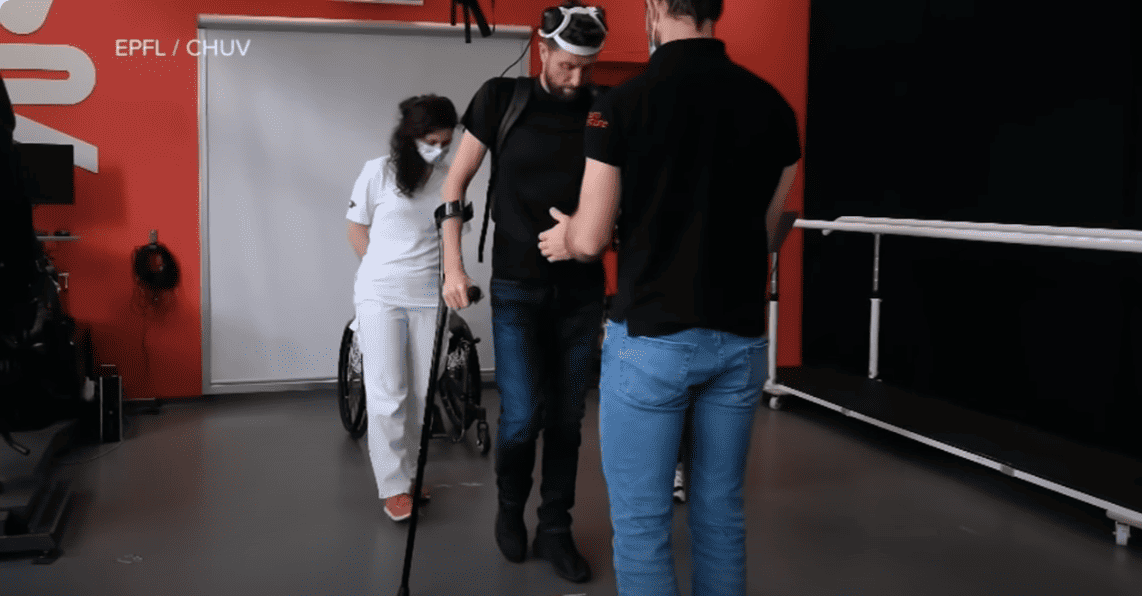
HemostOD, a start-up from the Technical University of Lausanne (EPFL), is going to produce platelets on demand. To do so, they developed a new technology that allows production in large volumes. EPFL reports this in a press release.
Platelets
Platelets are important for clotting blood. A shortage of platelets can lead to major bleeding. Therefore, especially during major surgery, blood transfusions are often prescribed. However, there is not always enough blood on hand and platelets can be kept for a maximum of a week, due to the risks of bacterial infection.
These problems will only increase in the coming years. Global population growth and aging populations in the West, Japan and China mean that more blood is needed than is in stock. An increase in the incidence of blood cancer is also contributing to the blood shortage.
HemostOD
HemostOD came up with a solution to this: making platelets via stem cells. To do this, they use a device developed in-house that can mimic the physical production process that takes place in the bone marrow outside the body. As a result, platelets are produced quickly and on a large scale in a laboratory.
The team behind HemostOD has spent two years developing the device. Élodie Dahan and Faouzi Khechana saw potential in an older technology sitting on the shelf at a French university. They bought the patent and got to work. “After months of development work, it was a great moment to produce our first bag of artificial blood,” says Dahan.

Anonymized stem cells
HemostOD’s system uses anonymized stem cells for the production process. That is, they have been treated to not produce antigenic proteins. These proteins normally give cells a kind of fingerprint. Thus, HemostOD cells are universal. Administration can be done in any patient regardless of blood type.
Prof. Olaia Naveiras, of the University of Lausanne explains the importance of using this form of anonymization. “For most patients who receive a transfusion, it is not the first. They will have already developed antibodies against donors’ platelets, causing the platelets to malfunction or even stop working. With this solution, patients should show a healthy clotting response,” said Naveiras.
This will be tested in a subsequent study. HemostOD is partnering with Innosuisse, the EPFL and the University of Geneva. This research should show how large the production volume can be and how the platelets perform in clinical trials. “We hope to perform our first human transfusion in 2025,” says Khechana.
Selected for you!
Innovation Origins is the European platform for innovation news. In addition to the many reports from our own editors in 15 European countries, we select the most important press releases from reliable sources. This way you can stay up to date on what is happening in the world of innovation. Are you or do you know an organization that should not be missing from our list of selected sources? Then report to our editorial team.





